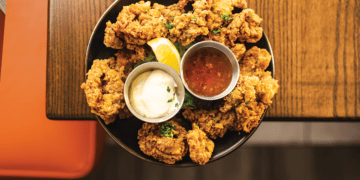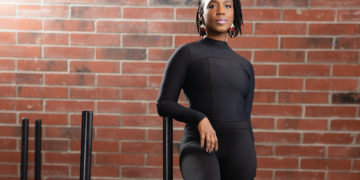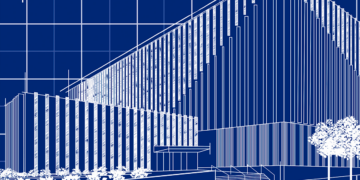I’m going to get real vulnerable here: When it comes to millennial stereotypes, I can verifiably say that I fit within the “coddled” category.
Even though I grew up in the context of a middle-class family, I was cognizant as a child that I was spoiled. And while I’m incredibly grateful for all the love and support my family has given me (really, they’re some incredible people), there’s just one thing that’s been thrown off in the process: my development.
Author Simon Sinek of Start with Why says that many millennials suffer in the workplace because they “grew up subject to failed parenting strategies,” and that “it’s the company’s responsibility to pick up the slack.”
Many psychologists subscribe to the idea that there are three major stages. First comes dependency (think infancy and early childhood). Second, the yearning for independence (cue the rebellious teen) and the establishment of said independence (early 20s). And if everything works out, you move to interdependence, where you realize you’ve unnecessarily been a jerk to your parents all these years, and that while autonomy is great—cooperation is the highest form of existence.
But when you throw coddling into the equation, the process gets disrupted, and the end result is co-dependency.
According to Kathlyn and Gay Hendricks in Conscious Loving: The Journey to Co-Commitment, “Co-dependence is an agreement between people to stay locked in unconscious patterns.” This can create unhealthy relationships, addictions, and patterns of dysfunction. And thanks to a few years of therapy, I’ve arrived at the hard truth that, left unchecked, I’m prone to creating co-dependent relationships.
All of this came to a head one evening when I was setting up for a DJ gig.
Stressed and frantic, I was facing a mountain of tangled cords with only 30 minutes left before the event started. Along with that, I was in the middle of raising a 20-inch disco ball on a t-bar. It’s something I’ve done countless times, but due to my frenetically displaced presence, I made a basic mistake and lifted an extension pole past the point of no return.
Instead of securing the magnificent 20-inch ball into place, I began to witness its eight-foot arial descent towards a hard marble floor. Time instantly slowed to a crawl as I felt a childhood wound rise to the surface that seemed to say, “it’s good that you sabotaged yourself, because now they’ll see that you deserve to be rescued.”
And as I held that feeling of self-entitled victimhood—BAM! The sphere smashed to the ground and dozens of glass bits flew about the marble floor. What was once a beautiful sphere now looked like the Death Star.
With my mouth and eyes gaping open, I proceeded to survey the room to see who else witnessed the moment (and subconsciously, who I could blame for not rescuing me).
There were some people scurrying over in the next room, but none looked over. There was a receptionist at a desk just 30 feet away, but she had earbuds in and didn’t even flinch from her downward gaze.
With no rescuer in sight, it was just me, a shattered ball, and the realization that no one could be held responsible for this—but myself.
In shock, attempting to swallow the swell of my own sulking sabotage, I swept up the glass pieces, hid the remnants of the busted ball under a skirted table, and got back to work.
The thing is, I’ve always had a thing for disco balls. They’re a timeless piece of design.
As LED technology rapidly advances and projector mapping changes all the rules, there’s something timeless about being enveloped in an in endless swirl of flickering refraction.
In the cosmology of nightlife, the disco ball is a metaphorical inverse of the sun.
Just think: At each sunset, somewhere a disco ball rises. In the center of a sea of churning bodies, it floats effortlessly. Above our heads and beyond our reach, it serves as a beacon of speckled light in a world of darkness.
Yes, I have an affection for disco balls. Which is why at the end of the night, after the dance floor dust had settled, and I folded back the curtain revealing the brokenness of the sphere, I said to myself, “No more!”
Sinek says that millennials “were just dealt a bad hand and it’s no fault of their own.” But as a generational gesture, I say that at some point us coddled millennials have to take responsibility for ourselves.
It’s time we stop blaming others. Stop looking for the rescuer. Stop slipping into co-dependency. And absolutely stop the subconscious-busting of underserving disco balls.
It’s time to tell a new story.














